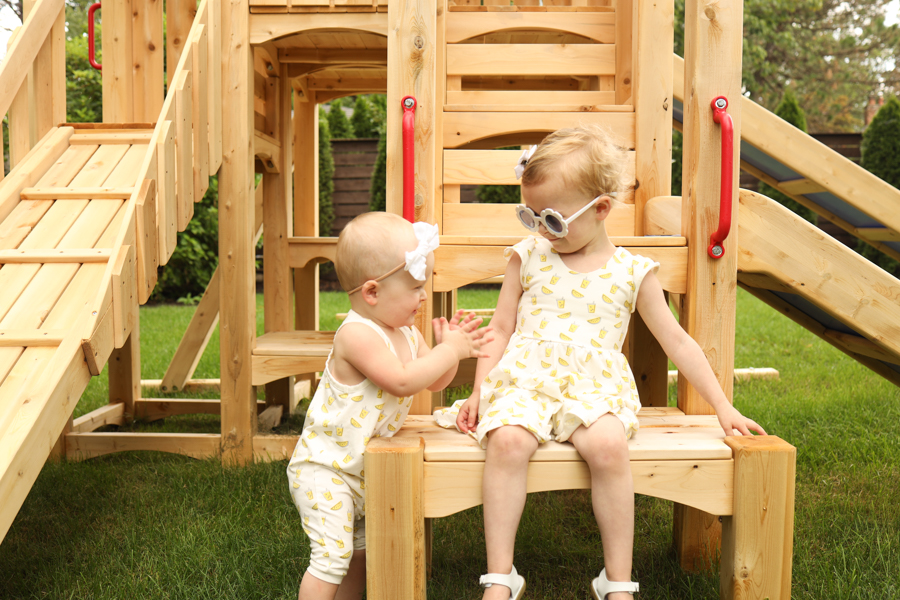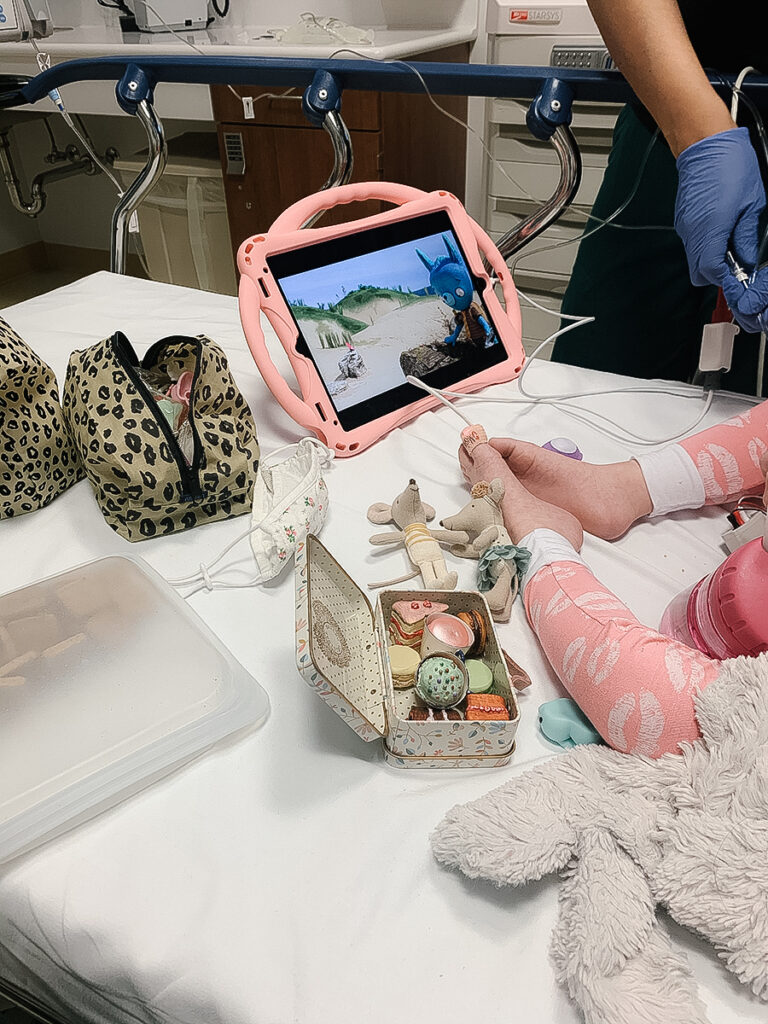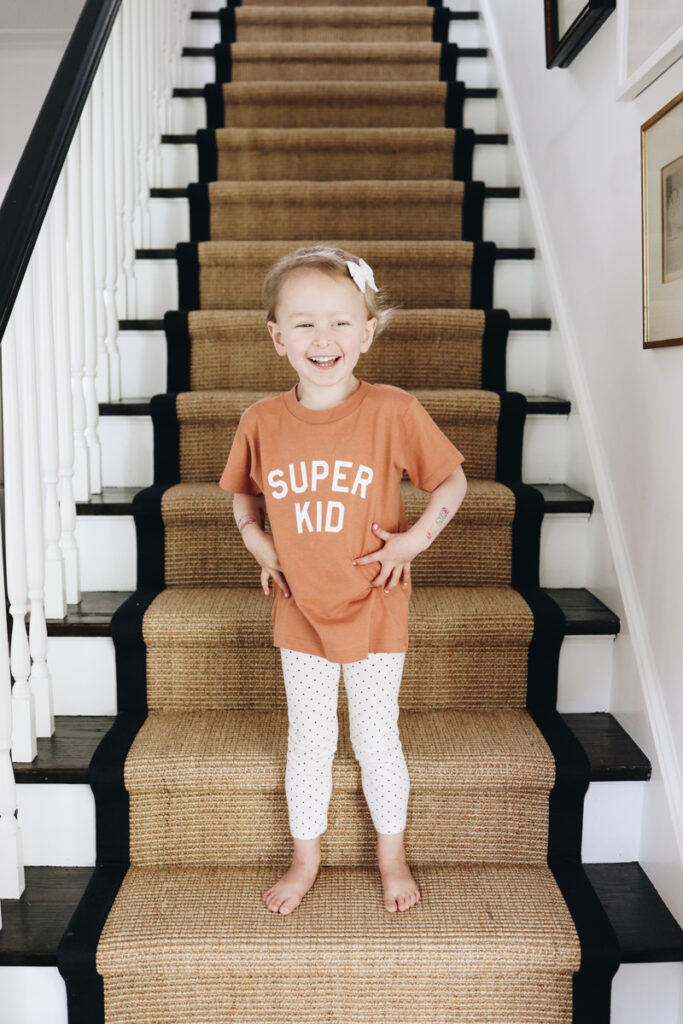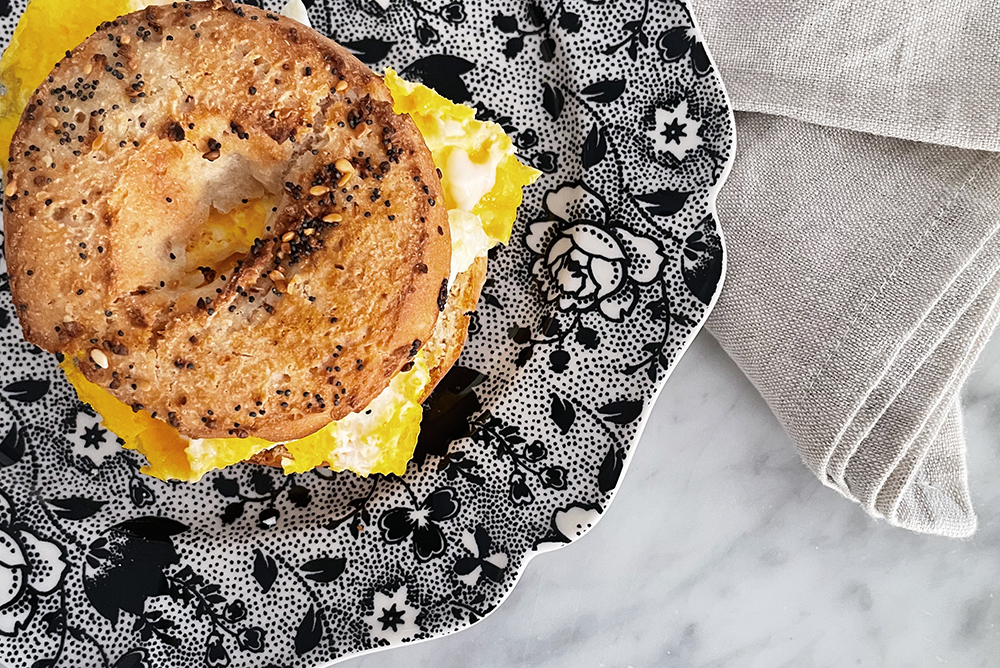Health
What Not to Say to Someone Going Through A Cancer Diagnosis

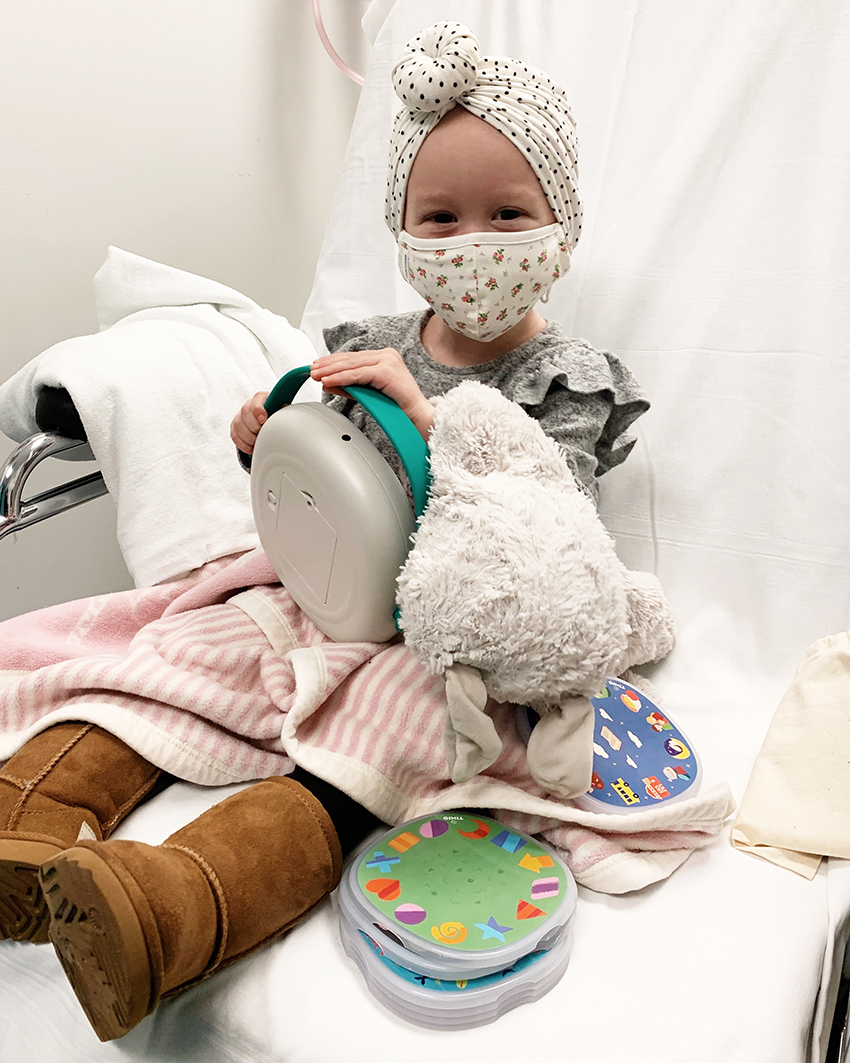
Since my daughter was diagnosed with Leukemia, I have felt a need to help people going through a difficult medical diagnosis. What we are going through is not ok or fair and there’s no reason it’s happening, but there can be some purpose in the pain. Sharing our story, raising awareness, fundraising, and helping others was a coping and survival mechanism during frontline, and it’s something I can’t ever imagine not doing. Here’s what not to say to someone going through cancer diagnosis and treatment. You can donate to Alex’s Lemonade to make things better for the almost 16,000 children in the US who are diagnosed each year.
What Not to Say to Someone Going Through A Cancer Diagnosis
I already talked about how to support someone immediately after diagnosis and how to continue to support someone through treatment. In an effort to help patients, parents, and friends that want to best support their loved ones on this long and painful journey, I want to share what has and has not worked for us as the months have gone by. I cannot speak for everyone, but I’ve been through it have heard from dozens of moms and patients who made me feel understood.
Some comments and gestures, even when said with love, can be tough to hear. If you’ve called Margot a warrior or have told me I’m strong, you have nothing to be sorry for. You meant well and I appreciate you. Thank you.
Here are the common statements that I keep hearing are hard for other parents to hear during their child’s cancer treatment, although I believe this can apply to most difficult diagnoses.
It hurts when labels or titles are assigned to us after a cancer diagnosis.
I know everyone means well when referring to my toddler as a “warrior” but she’s not a warrior. She’s two. She loves dancing, rainbows, and her dollhouse. Not a warrior. If the parent calls their child a warrior, go ahead and use that language, but I would refrain from assigning a label that the parent has not used.
We are not “strong enough” to go through a cancer diagnosis. We just don’t have a choice.
When you tell someone who or what they are, you’re not really giving them space to tell you how they feel. What are my options? I’m no stronger than you, but I am a mom who has no choice but to keep going, no matter how hard it might be. I love my daughter fiercely. That love is getting me through.
I say this with so much love and know everyone means well, but hearing those words can feel very, very painful in the beginning. We know people mean well, but it’s a punch in the gut and almost implies that we’ve “got this” when we are just trying to get through it. It isn’t strength. It’s love.
A cancer diagnosis is not about beating cancer, winning, or losing.
Those words imply that someone else lost, and it all comes down to diagnosis and modern medicine. Margot’s prognosis is amazing and she will be ok, but I will never say she won. She has favorable genetics, a high cure rate, and access to modern medicine. There are no winners and losers.
It’s not the time to have a “me too” moment.
As humans, we want to relate to one another, and when someone you love goes through something like this, you’re desperate to make us feel less alone. That is a beautiful thing! Here’s the thing – if you haven’t been through it, you don’t get it, but I will also tell you that I would never tell a mom of a child with the same diagnosis as my daughter that I know how she feels. Even if our stories are similar, we all experience and process things differently. No one knows exactly how someone else feels about anything. We can understand and empathize, and that is enough.
Please don’t tell us it’s going to be ok. You don’t know that.
Nothing feels ok, and you can’t promise that everything will be.
It’s best not to ask questions if the answer will not help the person going through trauma.
Let me explain. Unless the question helps the person going through it (i.e. what’s your coffee order?) you shouldn’t ask. If the question isn’t going to help the patient or caregiver, it’s best not to ask. I remember “how are you” feeling like a punch in the gut. We know people mean well, but we’re not ok. I remember a friend who had been through treatment telling me there was a big difference between “how are you” and “how are you doing today” – and from my experience, that question was easier to answer a few months in.
Asking about symptoms, if it’s genetic, or about a cancer diagnosis can be traumatic.
These questions are really not appropriate to ask. They force the parent or patient to relive trauma to ease your mind, or to share information you don’t really need to know. Moms in treatment can ask me anything, because I know it’s worth reliving the pain to help them. Asking about a diagnosis is self-serving – someone even asked what happened to Margot so they would know what to do, and trust me when I tell you that is not how this works. I have shared this before, but high fevers without symptoms are a major warning sign.
If it’s not genetic, this was shit luck and completely devastating (that’s us). If it is genetic, we might think it’s our fault. And again, those answers will not help you unless you’re related to me. This information will be shared if and when your friend feels like sharing it.
If something scares you enough that you think something might be wrong with your child, ask to have a CBC done and don’t just let it go. We had six doctor appointments in less than six weeks. Something was wrong but no one saw this coming.
Think about how it might feel to keep hearing that no one can imagine what we’re going through during a cancer diagnosis.
People say they can’t imagine, and I get it – it is unimaginable. We know everyone means well, but this one really hurts, because you’re reminding us that what we’re going through is so awful that you don’t want to imagine it. And of course you don’t – but you can. Take a second and try to imagine how awful it is.
There. You just imagined it.
Someone once told me she couldn’t imagine and hoped she never had to. I hope your child never gets Leukemia, either.
Please don’t tell us it will be over soon.
Treatment for Leukemia very long. We finish maintenance in July 2022, so it will have been going on half of Margot’s life by then. Then we have monthly labs for another 3 years and labs every 3 months for another two years before she’s in the clear.
Consider taking medical issues to someone else.
Life is hard for everyone and no parent wants to see their child struggle. But when we were really in it, hearing about someone’s cold being “awful” would have been too much. What we went through doesn’t mean your problems aren’t problems. Early on, someone I knew told me about her trip to the ER with her child, and how it was “hell” and I replied honestly, saying that finding out your child has Leukemia in the ER is hell. A head bump and getting to go home is scary and sad, but hardly hell. Also, maybe it is your hell, but read the room.
My friends can come to me and do come to me when they need to talk, but wouldn’t have brought anything too heavy to me at the beginning, and waited until I had normal conversations before throwing anything at me. Two friends actually tried to keep some health issues with their kids from me because they didn’t want to trigger pain, and I was so touched. I told them I was ready and that they could come to me with those things, but it would have been hard early on.
At the end of the day, we don’t want you to forget that we’re still here, going through it. Check in. Say hi. Once the dust has settled, ask how we’re doing. When you notice that we’re more responsive and able to carry a conversation, ask how we’re doing. Send a funny gif or ask us to go for a walk. This is lonely and terrifying. We need you. Please don’t give up on us.


